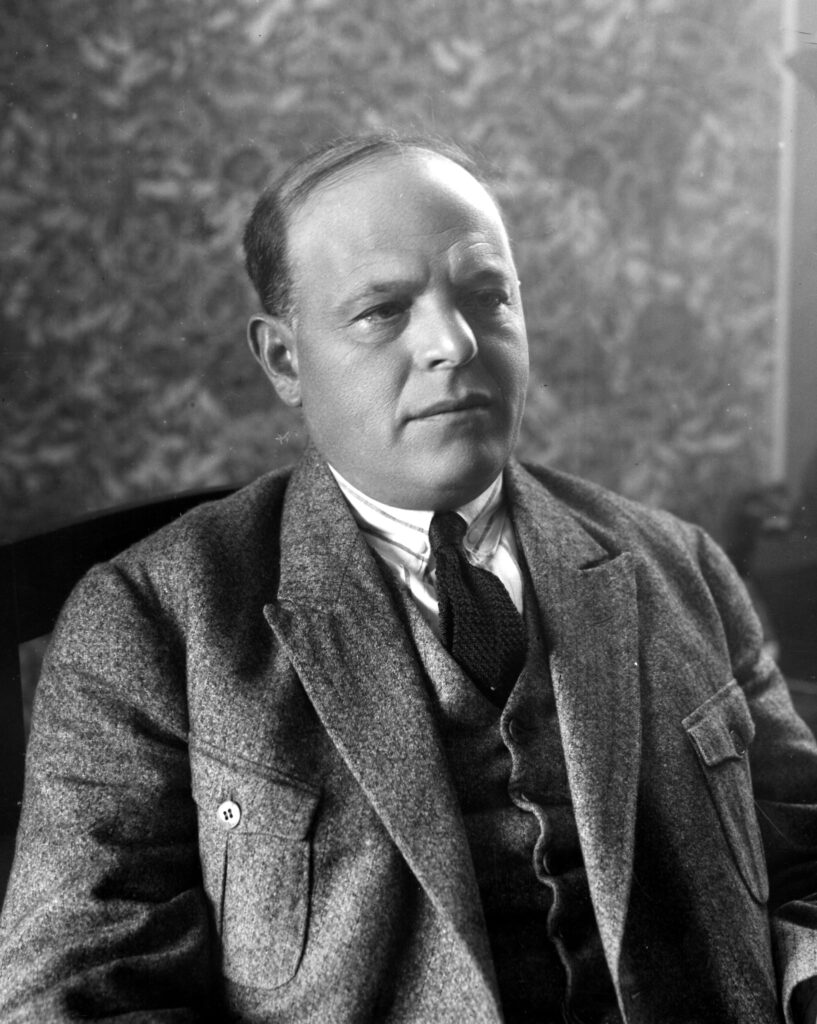January 9, 1837
Chaim Nahman Bialik, Israel’s national poet, is born in the village of Radi near Zhitomir in Volhynia (northwest Ukraine). While a student in yeshiva in Lithuania, he joins an Orthodox Zionist student society, Nezah Israel, which aims to synthesize Jewish nationalism and enlightenment with a firm adherence to tradition. At this time he becomes deeply influenced by Ahad Ha’am, who champions the idea of cultural Zionism and of whom Bialik writes, “The day a new essay of Ahad Ha’am’s appeared was a holiday for me.”
Eventually, Bialik breaks from his religious studies and traditional Judaism and becomes a teacher in Odesa for 21 years. In Odesa, he is immersed in cultural and Zionist circles. In 1903, he is dispatched from the city by the Jewish Historical Society to Kishinev to cover the events of the recent pogrom in which 47 Jews are killed over three days.
After interviewing survivors, he writes his famous poem “Be-Ir ha-Haregah” (“In the City of Slaughter”). In the poem, Bialik condemns Jewish passivity in the face of external threats and violence. The poem serves as a rallying call to young Jews throughout Eastern Europe and leads many to organize both Jewish self-defense groups and new Zionist youth organizations.
In 1921, he leaves Odesa after the Soviet authorities permit a group of Hebrew writers to leave the country. First settling in Berlin, Bialik moves to Tel Aviv in 1924. He becomes an important part of the cultural development of the city. In honor of his 60th birthday in 1933, the city creates the Bialik Prizes for Literature and Jewish Thought. Among the winners of the prestigious awards are Shmuel Yosef Agnon, David Ben-Gurion, Gershom Scholem and the poet Zelda. In 1934, Bialik dies in Vienna, where he is seeking medical treatment.









